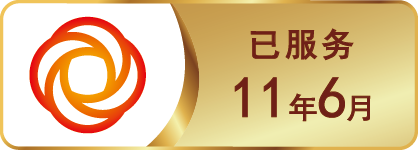Producer deflation narrowed more than expected in May while the rise of consumer price inflation was below market expectations, reinforcing the case for continuation of accommodated economic policies to prop up growth, analysts said on Thursday.
Production deflation eased in May as the producer price index fell 2.8 percent year-on-year, lower than the market expectation of 3.3 percent and the decline of 3.4 percent in April, according to the National Bureau of Statistics.
The consumer price index, a gauge of inflation, rose 2 percent from a year earlier, lower than the consensus forecast of 2.2 percent,
Qu Hongbin, chief China economist at HSBC Holdings, said the lower-than-expected inflation in May is partly a result of the slowdown in rising food prices. Food price gains slowed to 5.9 percent in May, according to official data.
"As the increase of food prices continues to decelerate, China's inflation pressure will be gradually eased," he said,
Qu said that the subdued inflation will create room for continued stimulatory policies, which is the key for China maintaining stable economic growth as external demand remains weak and the property market is full of uncertainty.
The narrowed producer deflation also reflected a short-term spike in commodity prices and the increased investment in infrastructure projects, he added.
The decline in mining and raw material producer prices decelerated in May from the previous month, according to official data.
Mining producer goods fell 9.6 percent, versus a 13 percent drop in April, while raw-material producer prices fell 7.2 percent, less than the prior month's 7.7 percent decline, according to Bloomberg, citing the NBS.
"Firmer producer prices reflect a combination of factors," Bloomberg Intelligence economists Tom Orlik and Fielding Chen wrote in a note.
"Commodity prices are a big part of the picture, with oil and iron ore both down less sharply than in 2015. So, too, is slightly more resilient domestic demand. Capacity utilization remains extremely low in historical comparison, but has ticked up over the last few months," they said.
Economists said earlier that elevated consumer inflation and narrowed producer deflation will undermine the Chinese monetary authority's case for more interest rate cuts to stimulate the economy.
Some are concerned that policymakers will even tighten monetary policy if inflation surges faster than expected and the US Federal Reserve hikes interest rates in the second half of the year.
Zhang Deli, analyst at Minsheng Securities Co, said that China's consumer inflation may have peaked and there is no basis for stagflation (where inflation is high while growth remains slow) in the long run.




















































